As temperatures soar, what adjustments do our fitness routines require? Four city experts across fields elaborate how we can continue exercising safely in harsh summers

Pic/iStock
Fitness: Difficult but not impossible
Gail Fernandes, certified nutritionist and postpartum women’s health specialist
With temperatures rising as high as 40° Celsius in the city, working out can definitely be a strenuous activity. Always pay attention to your body and stop when your body gives signals of exhaustion.
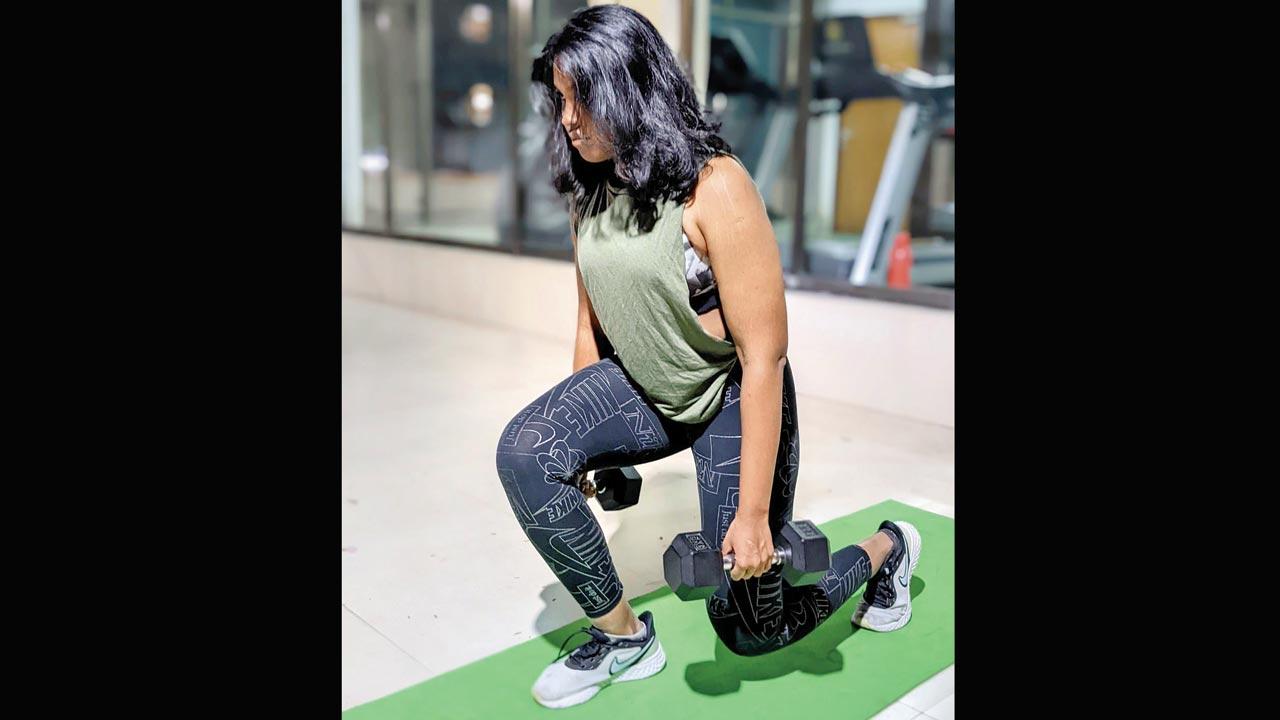
. If you are used to working out indoors or in cooler surroundings, getting acclimatised to weather conditions is super important. Once accustomed, you can gradually increase the length and intensity of your workouts.
. Take frequent breaks, and allow your body to cool down post-workouts.
. Exercise early mornings and late evenings, if you prefer outdoor routines.
. Cardiovascular or endurance activities can be harder to do in extreme conditions. Switch to working out at the gym, walking inside the mall, or better yet, hitting the pool.
. Make sure to consume a balanced diet with enough protein, at least 1 gram per 1 kilogram of body weight. A good diet can help your muscles recover from soreness.
. Don’t wait until you’re thirsty to drink fluids. For intensive workouts, consider a sports drink instead of water, which replaces the sodium chloride and potassium you lose because of sweating.
Yoga: Breathe easy
Rachna Jain, Yoga instructor
Follow certain asanas and pranayamas that help you adjust your body’s temperature and cool it from within using breath work. Remember that moving between exercising in air-conditioned rooms and the outdoors can make it difficult for the body to adjust its temperature. It can create an imbalance within. Hydrate well enough to avoid feeling sluggish. Try to get six to eight hours of sleep to re-energise the body.
 Rachna Jain in Ardha matsyendrasana
Rachna Jain in Ardha matsyendrasana
Here are some asanas and pranayamas to follow:
. Marjariasana or the cat/cow pose
. Padahastasana
. Janu sirsasana
. Ardha matsyendrasana
. Matsyasana or supported fish
. Sukhasana or easy pose
. Viparita karani or legs up on the wall
. Shavasana - to cool down post-workouts
Lifestyle: Mindful adjustments
Luke Coutinho, Holistic nutrition and lifestyle–integrative and lifestyle medicine
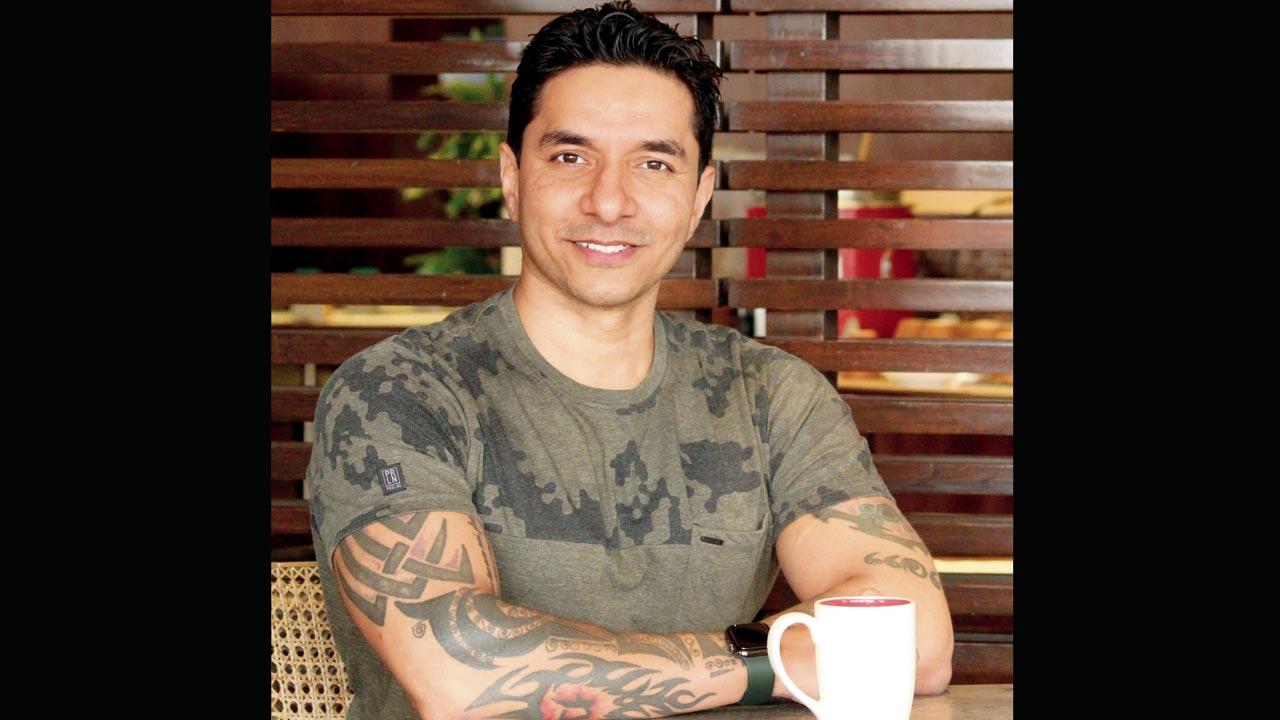 Luke Coutinho
Luke Coutinho
Irrespective of the weather, our body needs movement every day. Movement enables blood circulation, which furthers proper distribution of oxygen and nutrients throughout the body, and helps to expel toxins from it. But remember to work out according to the season.
. Avoid saunas or steam baths. They will lead to more water and electrolyte loss.
. Choose micro workouts or short bursts of movement throughout the day. Consider a mix of pull-ups, push-ups, Surya namaskars, and jumping jacks.
. Cut down on tea and coffee, they dehydrate the body and lead to loss of water, nutrients,
and electrolytes.
. Add cooling foods to your nutrition — sabja seeds, sattu, lemon water, watermelon, cucumber, fennel seeds, buttermilk, jaljeera, kokum-infused water and bel juice.
. Avoid long hours of fasting, especially dry fasting.
. Choose natural fabrics — cotton, linen, or bamboo that allows the skin to breathe properly. Sweat that gets trapped in clothing and skin can lead to fungal infections and skin irritation.
Hydration: The elixir of life
Dr Aashish Contractor, director of rehabilitation and sports medicine at Sir HN Reliance Foundation Hospital, Girgaon
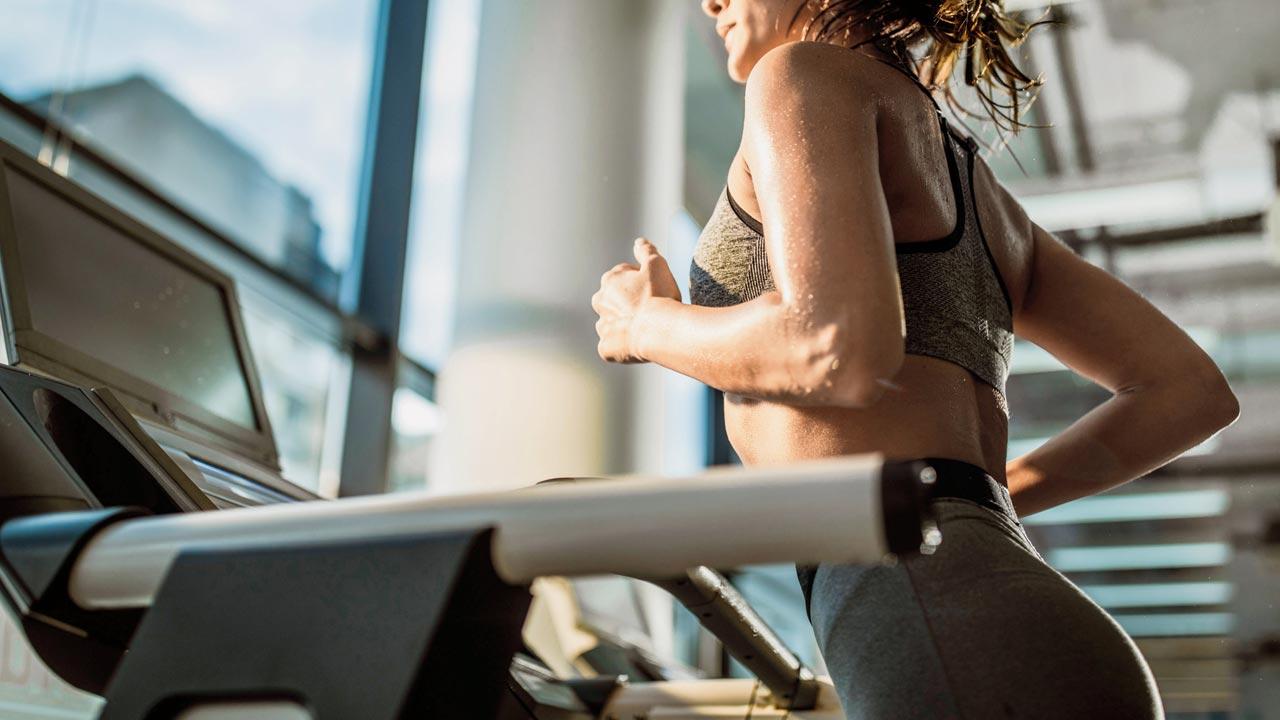
Pay close attention to your hydration, especially if you are exercising outdoors for more than an hour. In this case, be mindful of fluid loss and electrolytes through sweat. Incorrectly working out and not hydrating well can lead to heat exhaustion, heat cramps
and heatstroke.
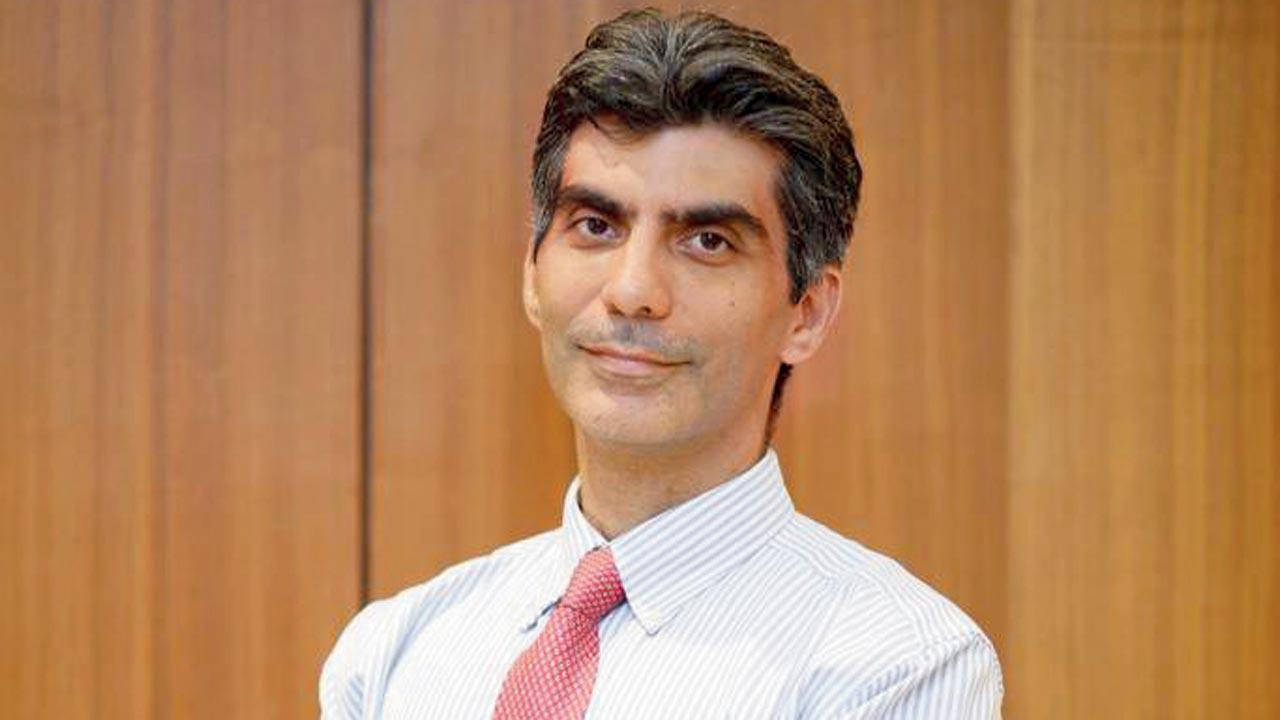
. Lower the intensity/duration of your exercise, if exercising outdoors.
. Replenish with nimbu pani mixed with salt and sugar, Oral Rehydration Solution (ORS) drinks or sports drinks, if your workout is intensive.
. The rule of thumb for hydrating while exercising is to drink in small quantities every 15 minutes.
. Weigh yourself before and after intense exercise to estimate fluid loss.
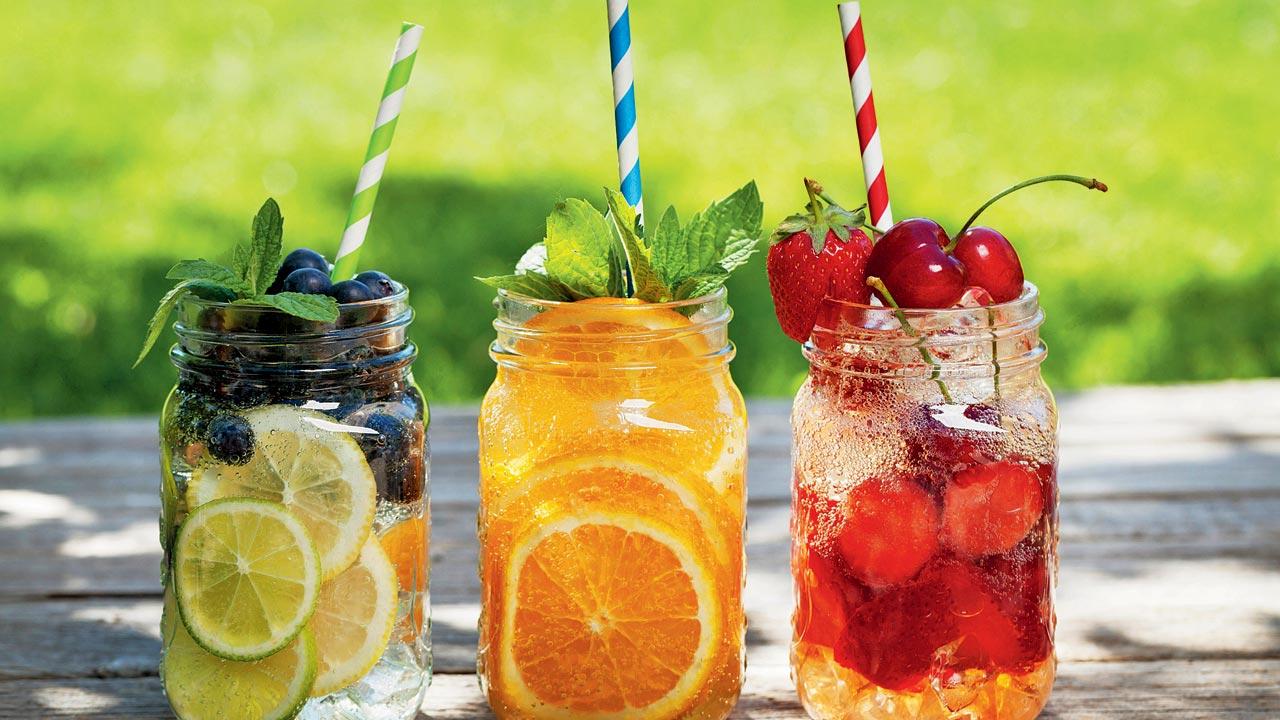
 Subscribe today by clicking the link and stay updated with the latest news!" Click here!
Subscribe today by clicking the link and stay updated with the latest news!" Click here!








